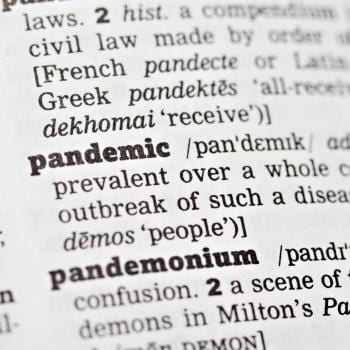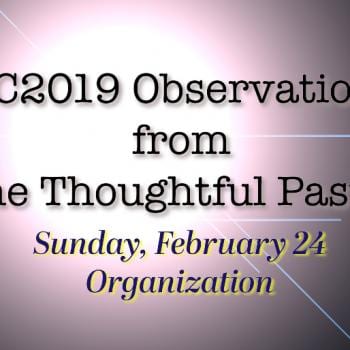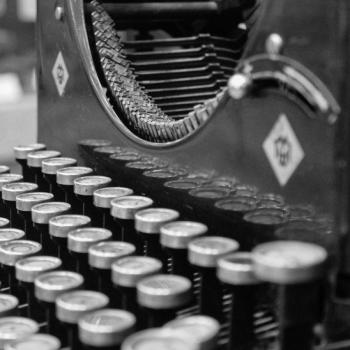When does accountability turn into oppression? I’ve been asking this question as I see the legitimate call for accountability for all who hold positions of public responsibility rapidly morph into a “Big Brother is Watching You” mentality.
The electronic world makes this horrifically possible, as the disgraced Congressman Anthony Weiner knows only too well.
Privacy has become a rare commodity. Human nature, however, has changed not at all. Students of history know that immoral sexual predators have been haunting seats of political power for a long, long time.
Should John F. Kennedy be alive and running for political office now, his notorious philandering made public would turn his campaign into a laughingstock. His sexual antics, no secret during his years of public service, were not made widely known. Now, there would be no way to keep them hidden. The Kennedy coffers would not be be deep enough to buy off all reporters. It only takes one leak into the electronic world to send it viral.
That is both good and bad. This intense scrutiny probably keeps many decent people from seeking public office, even if they are considerably more moral than Rep. Weiner and JFK. Still, most of us would prefer not to have our private moments broadcast to the world. Even so, when we chose to put public trust in our leaders, we’d like to know they are actually trustworthy.
I’m also thinking about the whole Lance Armstrong controversy. That iconic hero won an unprecedented number of Tour de France victories and has given hope to many by his cancer fight. He is now also being accused of illegal doping by teammates who knew him well. According to those teammates, Armstrong doped to get the necessary edge to achieve those victories.
I hope they are wrong and suspect they are correct. It will be a national tragedy if they are. Why? Because our cynicism grows with each revelation of victories won by cheating.
No doubt about it, those deeply private moments do reveal character. So what do we do?
In the United Methodist world, one conference has demanded that all potential members of clergy orders “friend” someone on FaceBook who will then monitor all their posts for possible deviation in thought from our social principles and our doctrinal standards.
In my opinion, the requirement is silly, useless, and ultimately destructive to human interaction and trust. It seems to me that a required “friend” on FaceBook has crossed the line from accountability into oppression, albeit a pretty ineffective oppression. As most know, if people don’t want someone to read their more private posts, there are all sorts of ways to keep that from happening.
Even so, religious organizations must not ordain or send out to ministry any without a thorough understanding of their call, their doctrinal stances, and their willingness to be faithful servants of God. We need to know that. How?
The bigger question: How do we ensure adequate character development in our leaders, not just religious ones? I can’t imagine any thinking person wants someone with a compromised character making policy decisions on any level, from the tiniest town government to national and world stages.
Shall we equip everyone with a tiny camera and microphone so every intimate and personal moment can be recorded? What about those doing the monitoring? That could be the ultimate voyeuristic experience. Will those people also be people of proven character? If so, how will we prove it?
When we demand accountability from those in the public eye, will we also require the same accountability from ourselves?
I end where I so often do: if we don’t help our children build character by modeling it ourselves, giving careful instruction, rebuke when necessary, and training in godliness, we get what we deserve by leaders who betray us. We’re either part of the solution or part of the problem. Make your choice.












